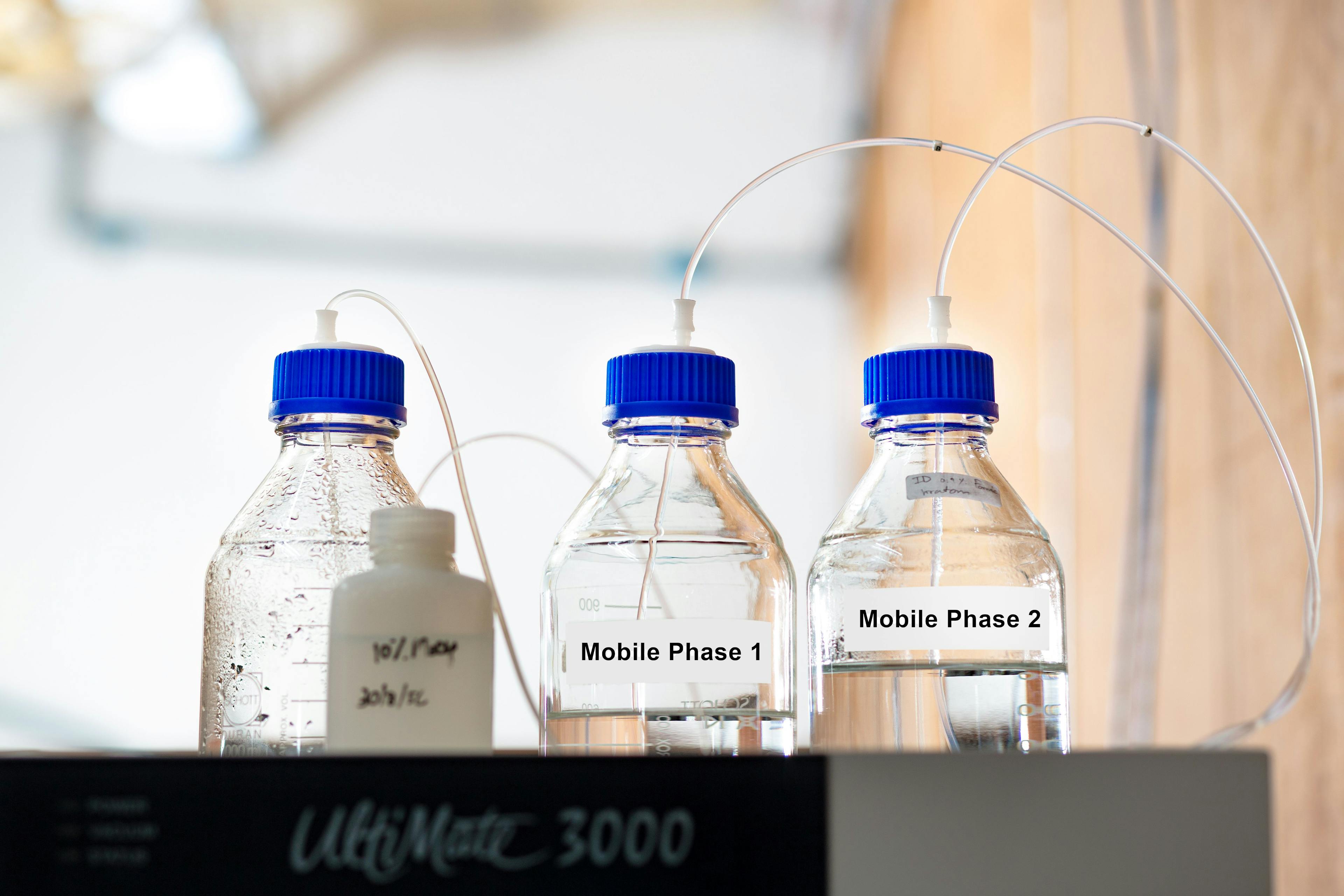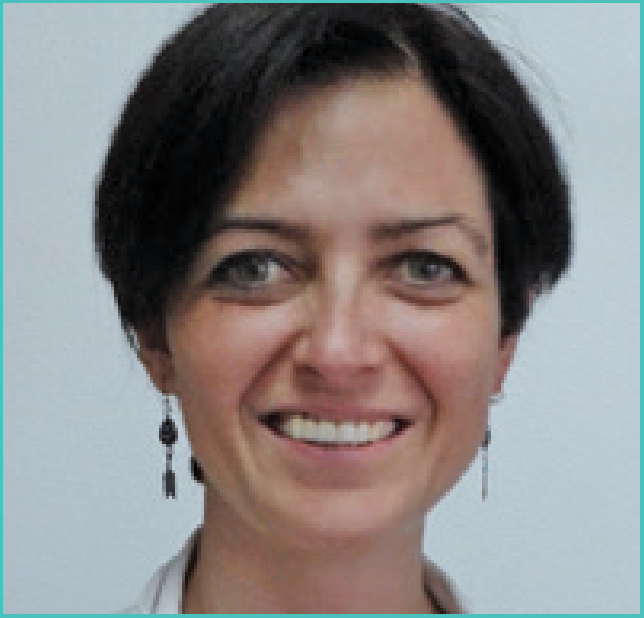Different Sandboxes: Past Emerging Leader Winners Talk Networking, Stress, and Work-Life Balance
For this special issue of LCGC, we caught up with five prior winners of our annual Emerging Leader Award to get their perspectives on how they first found success in the separation science field, how they have maintained and grown their reputations in the industry in the age of social media, and what they do to take their minds out of the laboratory or lecture hall.
Concept leader of the business team indicates the direction of the movement towards the goal. Crowd of blue men goes for the leader of the gold color. 3D rendering | Image Credit: © Dezaypro gmail com - stock.adobe.com

What has helped you to be successful? Think of your skills, mindset, approaches, support, and so on.
Deirdre Cabooter, professor at the Department of Pharmaceutical and Pharmacological Sciences at the University of Leuven, Belgium: I think the simplest answer is working hard and being consistent. I try to have a long-term vision about where I see our research going, make a plan on how to execute it, and then try to see it through as well as possible. Of course, you can never plan for everything. You often get sidetracked, experiments can get delayed, grants don’t get awarded... but I think it is nonetheless important to have a broader and general vision on where I see our research going.
And as another point, we get disappointed and rejected a lot, but I always try to learn from it and tell my students to do the same. Never take it personally; this is just the way it works.
So stay positive. If it doesn’t work this time, it surely will next time (or the one after that).
André de Villiers, Professor, Stellenbosch University, South Africa: I have been fortunate in the support and opportunities I received from mentors early in my career, most notably Prof. Pat Sandra. Working in his group exposed me to cutting-edge research in diverse areas and introduced me to leading scientists from whom I have learned a tremendous amount— several of whom I still work with today. Apart from this support, I think a keen and genuine interest in the research area, hard work, and a certain degree of serendipity have been important.
Davy Guillarme, senior lecturer and research associate at the University of Geneva, Switzerland: One of the main reasons why I have been successful in my research is because of the people I have had the chance to work with. The fact that there are several people who think about a problem and compare their points of view is essential to find out interesting and relevant solutions. I have been lucky enough to meet some great scientists in my career, often forcing me to step out of my comfort zone.
On the other hand, I also think that doing exclusively fundamental research is not the best option. Even if it is interesting, it will only reach a limited audience of experts and may quickly turn off non-specialists. On the other hand, research that is too applied does not allow for sufficient innovation. Finding a balance between fundamental and instrumental research and application to real industrial problems is therefore an important point in order to be attractive to a broad public.
Erik L. Regalado, Principal Scientist, Analytical Research and Development, MRL, at the Research Laboratories of Merck & Co., Inc., Rahway, New Jersey: My attitude toward life has always been to welcome change because it brings new opportunities and chances for further fulfillment. I work in a fast-paced industry that demands my very best. My positive mindset has helped me coping with emerging challenges and setbacks. I constantly focus on my craft, developing new skills that help me to overcome new problems more effectively.
Kevin Schug, professor of analytical chemistry in the Department of Chemistry and Biochemistry at The University of Texas at Arlington (UTA), Arlington, Texas: I think what has helped me be most successful is that I have always been distracted by shiny objects. This might seem like a bad thing, but to me, it means that I like to consider different opportunities and avenues. Ultimately, you have to pick certain avenues and manage resources, but some of the most interesting projects have come to me was when I was not even looking for them. For example, in 2009, I was approached by a guy who claimed he could make a vacuum ultraviolet absorption detector for gas chromatography. I was intrigued and I am glad I was, as the application of gas chromatography–vacuum ultraviolet (GC-VUV) has become a very active research area for our group. Interestingly, this opportunity arose shortly after my picture appeared on the LCGC issue naming me the winner of the Emerging Leader Award. I have to note that LCGC cover was very special for me, because I shared it with the Lifetime Achievement Award winner and my late PhD advisor, Harold McNair. In any regard, I can point to a lot of situations where I was presented with an opportunity and decided to pursue it. This has led to an extremely fruitful and enjoyable past 20 years. Separation science is so broadly applicable. It is a shame not to try to play in different sandboxes. You never know where the next opportunity is going to arise.
Has social media helped you in your career? If so, how? How do you use it effectively?
Cabooter: I think social media can be a great asset to pass on messages to a wide audience. For example, we use LinkedIn to announce news regarding our conference (the HTC conference) and notice it gets picked up well.
Guillarme: I belong to a generation that did not have a smartphone or the internet during my childhood or teenage years, so I have never really been a big fan of social networks. I do not even have a Facebook, Instagram, Twitter, or any other account. Nowadays, I try to focus exclusively on professional social networks. I registered on Researchgate about 10 years ago, and it is a very interesting tool to access scientific articles, to get help on a specific issue (discussion forum), or simply to help other researchers around the world who do not have easy access to scientific articles. About two years ago, I also registered on LinkedIn. This professional networking platform is really well done, especially if you are looking for information about a colleague. Once you start networking, you can easily follow the news of research groups working in the same field as you. Information circulates very quickly, and you can be sure not to miss the publication of an article of interest to your research.
de Villiers: No—I am not active on social media at all, although I certainly do see the benefit thereof if used effectively.
Regalado: I’m not an active consumer of social media. Lucky for me, my work gets noticed and shared across different social media outlets as I continue to create and innovate in my field. I like to build new content (publications, presentations, cover arts, as examples) and have my scientific profiles in good shape, which helps me in attracting the best scientists and bringing new fruitful collaborations.
Schug: I have written LCGC blogs since 2013. I have no doubt that has been a great way to get my name known, as well as to promote my science and interests. I was pretty late into LinkedIn—I started using it maybe 10 years ago—but I have found it to be a great way to promote things and connect to other professionals. It has been helpful for conferences I have organized and promoting research advances and new cooperations. I think it is a strong avenue for finding employment opportunities and I think it is important to promote these opportunities to help spread them more widely.
How do you network? How do you make effective connections for collaborations?
de Villiers: Networking and collaboration have played a critically important role in my own scientific development. My collaborators include people I have worked with in the past, at various stages of my career, and new connections made possible through these established networks, or whom I have met at conferences and the institutions I visited. My network of collaborators has evolved with my interests, but includes also people I have been working with for many years. Apart from complementary expertise, which facilitates a mutually beneficial collaboration, I have found nurturing personal interactions to be beneficial—I enjoy interacting with members of my network.
Guillarme: As mentioned before, I am more of an old-fashioned kind of person. For me, the best way to network is at scientific conferences. It is a unique opportunity to meet many researchers with common interests. When I see an interesting presentation by an industrialist or an academic, I do not hesitate to go to him or her to engage a discussion, get more information and possibly try to collaborate. Otherwise, I quite often receive requests from industrialists by email, following a talk I gave at a conference or on work we have published in scientific articles. Therefore, I do not use social networks very much to launch a collaboration.
Regalado: My primary networking tool is following the science. I frequently present new results at scientific conferences and publish and share original ideas with internal and external collaborators. Fruitful collaborations serve to build trust and bring in new partnerships. I’m an industrial scientist with numerous connections with academic institutions around the world. I let science and innovation do the talking.
Schug: I think you have to make yourself available. Again, you have to be open and looking for opportunities. I have made a lot of great connections after hours at conferences.
How do you balance the various demands of your work (and life)?
Cabooter: I think balancing work and life in academia is like trying to reach a reduced plate height of one. We all dream about it, have wild ideas of how to get there, but it somehow always seems out of reach. I don’t mind too much, I get a lot of satisfaction from what I do, and get to work with some amazing people on this journey.
Guillarme: My work at the university is very diverse, and that is what I really like; it clearly avoids monotony. I can go from writing a scientific article, to managing a scientific project, writing a grant, hiring a new PhD student, participating in a conference on the other side of the world, consulting for an industrial problem, training in a company, teaching students at the university, or editing and reviewing articles for scientific journals. All these varied activities have one thing in common—they are always related to analytical chemistry and most often to chromatography or mass spectrometry (MS). Of course, in parallel to my professional activity, I also spend a lot of time with my wife and three teenagers. I try to keep reasonable hours. It is very rare that I leave work after 6 pm, and I almost never work on weekends. On the other hand, when I am at work, I do not take any breaks (I do not drink coffee or smoke, which helps), and my lunch usually lasts 15 min. I also hate long meetings, so I try to keep the agenda as clear as possible and not drag out pointless discussions. In short, when I am at work, I want to be as efficient as possible so that I do not have to work outside normal working hours, except in very rare cases.
Regalado: Earlier in my career, most of my productivity came from my motivation and love for science. Over the years, discipline became the driving force in incorporating good habits, such as physical and mental training to delay gratification and staying focused on what matters while enhancing productivity, creativity, and happiness with sustained progress.
Schug: This job will take as much of you as you are willing to give it. I have always had a hard time saying “no” to opportunities, but one has to learn to do so in order to maintain some work-life balance. I often feel that my plate is overflowing with things to do. Occasionally, something is going to fall off the plate and hit the floor. You have to decide whether to pick it up or to let it go. Some things you have to pick up and some things you just have to let go. Have I lost some opportunities this way? Yes, I believe I have. However, I am also happy with the opportunities I have taken and made work. Even so, I have always worked to prioritize spending time with my family—coaching, attending various sports games, cooking, hiking, and traveling together. There’s no better way to respond to a request for a work dinner than, “I’m sorry, I coach my son’s football team that night and cannot make it.” That has served me well many times. However, with all that I do, I could never make it all work without the close support of my family, and especially my wife, Dani. She makes everything at home work, so that all I have to do is join and participate. Having a good team at home helps a lot, and I am lucky and proud I have it.
How do you deal with stress?
Cabooter: Eat healthy, exercise daily, and get enough sleep. Surround yourself with positive people!
de Villiers: I consider this question and the previous one regarding work-life balance to be related: managing a work-life balance is an important aspect of dealing with stress. Most scientists that I know have to deal with these aspects to varying degrees, and in my mind, the best approach to do so differs between people. For myself, I try to spend sufficient time with my family, and I also try to exercise enough, which I have found to be a rewarding way of reducing stress.
Guillarme: One of the main advantages when working at a university is that we can theoretically take the time to engage in hitherto unexplored research topics, and this academic freedom is undoubtedly one of the greatest strengths of an academic researcher compared to an industrial researcher. However, with the current race for publication and grants, this academic freedom is less and less exploited and the vast majority of researchers tend to focus on themes where the results can easily be valorized or on the use of well-established analytical techniques to solve a more applied problem (this is certainly also my case). I think that this clearly limits innovation, as we are seeing less and less disruptive work in the field of separation sciences. This race for publications and grants puts a certain level of stress on all researchers and I am obviously one of them. To be honest, I do not have a real solution to deal with stress. The best solution is to find some time to make completely different activities, outside the laboratory. I do not have any better advice.
Regalado: I can do anything if I put my mind on it, but I can’t do everything. So, I manage my time wisely avoiding long “to-do lists” and prioritizing critical tasks that bring the highest value. To me, there is a huge difference between “being busy compared to being productive.” I also exercise regularly and pay attention to my finances, nutrition, and self-care. I spend time alone with my own thoughts doing activities that bring me a sense of mental calmness without worrying about the needs, interests, and opinions that others may have.
Schug: My students of ten either assume that I am stressed, or they are surprised that I am not. Honestly, I do not find my job currently to be overly stressful. It certainly was in the past when I got started, but everyone has to pay their dues. Everything I am doing, I have chosen to do, and I have chosen to do so knowing that it likely involves the skill and determination of a student or post-doc to carry it out. Yes, management takes effort, but I definitely do not micromanage. Yes, there is the constant need to recruit funding, but you find ways and relationships develop. At some point, you see how fast time has moved. You realize that you are doing enough and that you don’t have to kill yourself to always do more. You want to be steady and productive. If you are feeling overwhelmed, take a moment and ask yourself, “Are you doing enough already?” I can usually convince myself that I am.
Do you have any advice for other separation scientists?
de Villiers: I’m going to be corny— do what you love. A sincere scientific interest in your research topic is what inspires good research, which ideally should not feel like a job but rather a hobby. Also, keep up with the latest development because our field is growing rapidly.
Guillarme: I think it is very difficult, if not impossible, to do pure separation science research today. The coupling of separation techniques with advanced detectors, such as MS, has become essential. In addition, there is also a need to be sufficiently interdisciplinary. This is clearly the key to obtaining grants from national or international institutions.
Regalado: Finding pharmaceutical separation scientists can be difficult in the current market as they are in high demand, especially those with good understanding of organic chemistry and biochemistry. Successful analytical chemists in industry work at the interface with other disciplines and use the “right analytical tool” beyond separation science to solve problems effectively with a sense of urgency. My advice is to step outside of your “separation science” comfort zone and learn more about other techniques and different choices of detection beyond UV and MS, while also understanding the interplay between the chemical structure and physical properties.
Schug: First, I would say that it is important to learn the fundamentals. Much of the foundation has been laid. Second, I would say to seek to take concepts, techniques, and technologies that are doing amazing things in one field and apply them to another.
About the Interviewees
Deirdre Cabooter, professor at the Department of Pharmaceutical and Pharmacological Sciences at the University of Leuven (KU Leuven, Belgium), was named the Emerging Leader in Chromatography for 2017.
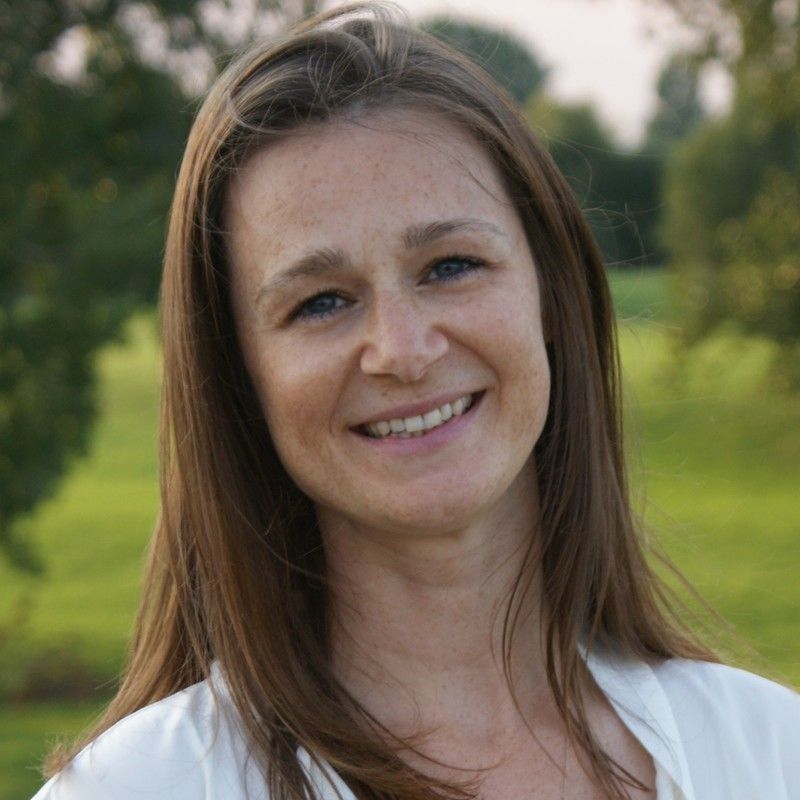
André de Villiers, Professor in the Department of Chemistry at Stellenbosch University, in South Africa, was named the Emerging Leader in Chromatography for 2014.

Davy Guillarme, senior lecturer and research associate at the University of Geneva, Switzerland, was named the Emerging Leader in Chromatography for 2013.
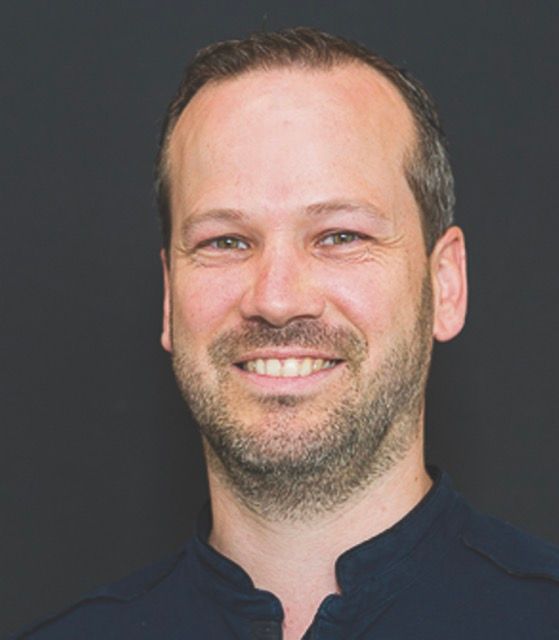
Erik L. Regalado, Principal Scientist, Analytical Research and Development, MRL, at Merck & Co., Inc., in Rahway, NJ, was named the Emerging Leader in Chromatography for 2021.
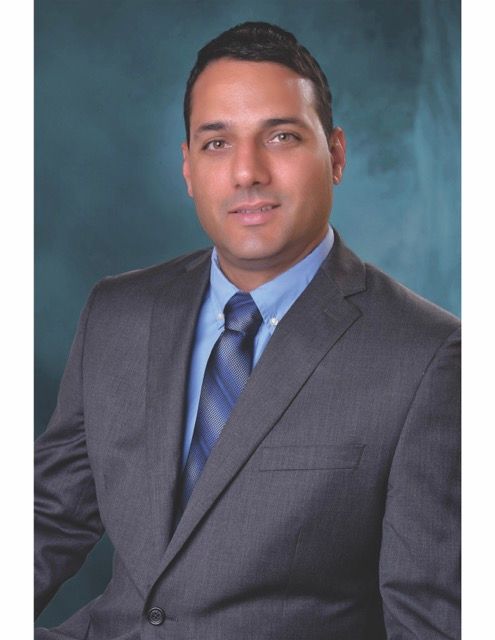
Kevin Schug, professor of analytical chemistry in the Department of Chemistry and Biochemistry at The University of Texas at Arlington (UTA), was named the Emerging Leader in Chromatography for 2009.
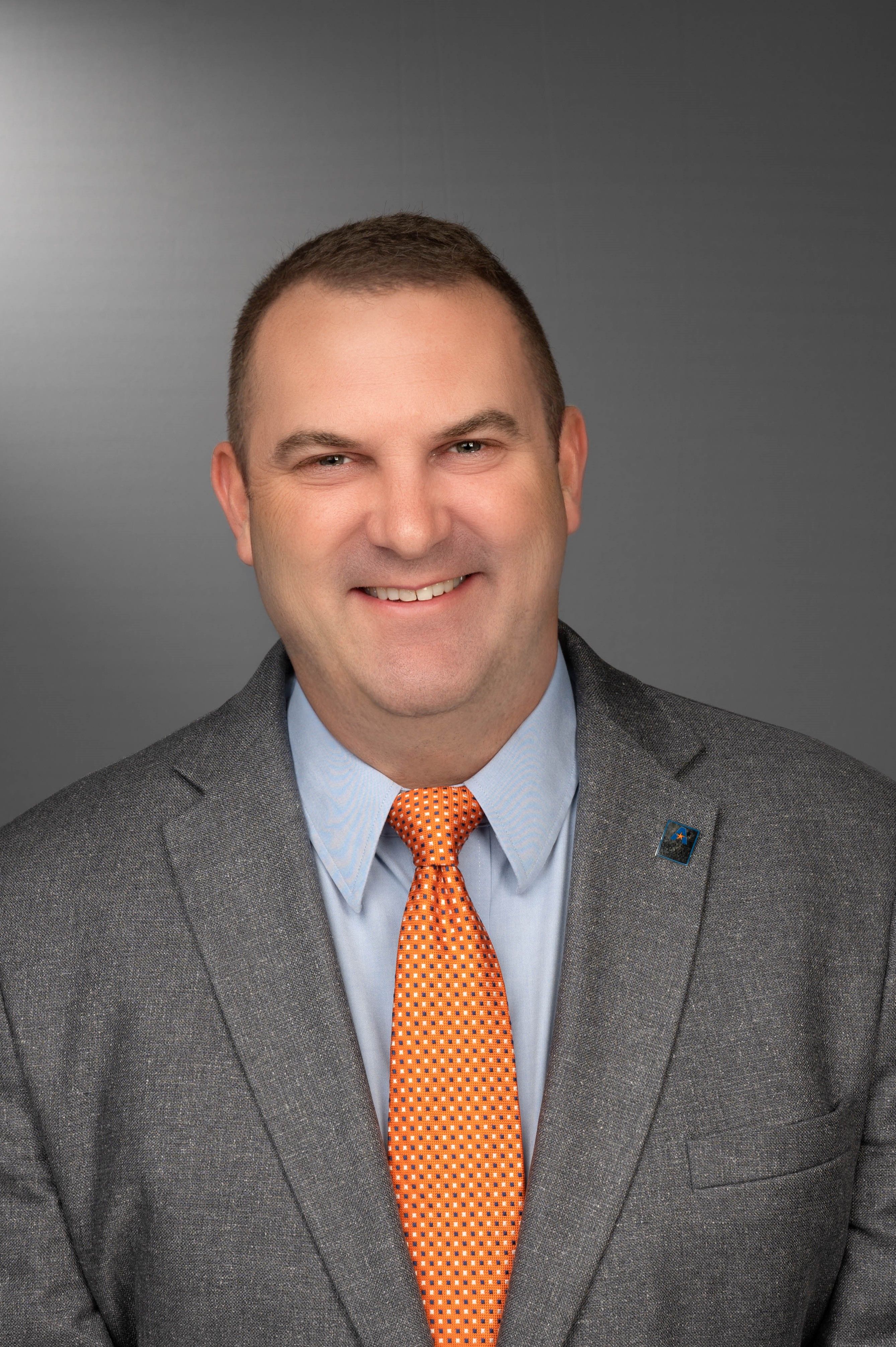
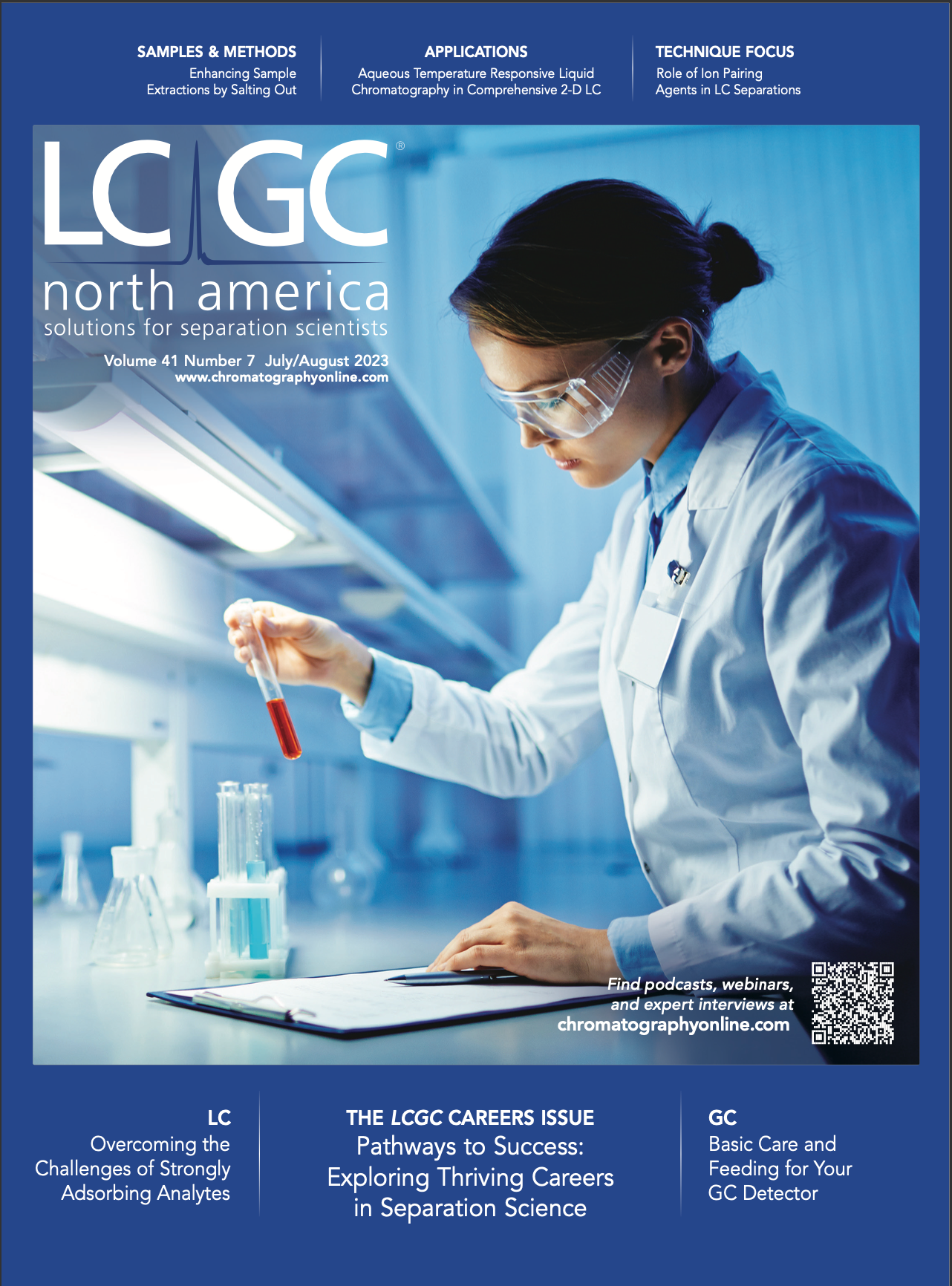
Common Challenges in Nitrosamine Analysis: An LCGC International Peer Exchange
April 15th 2025A recent roundtable discussion featuring Aloka Srinivasan of Raaha, Mayank Bhanti of the United States Pharmacopeia (USP), and Amber Burch of Purisys discussed the challenges surrounding nitrosamine analysis in pharmaceuticals.
Silvia Radenkovic on Building Connections in the Scientific Community
April 11th 2025In the second part of our conversation with Silvia Radenkovic, she shares insights into her involvement in scientific organizations and offers advice for young scientists looking to engage more in scientific organizations.
Regulatory Deadlines and Supply Chain Challenges Take Center Stage in Nitrosamine Discussion
April 10th 2025During an LCGC International peer exchange, Aloka Srinivasan, Mayank Bhanti, and Amber Burch discussed the regulatory deadlines and supply chain challenges that come with nitrosamine analysis.


